Bass (/bæs/) Information
Bass are a popular choice for aquaponics enthusiasts due to their hardiness and ability to adapt to a range of water conditions. From the iconic Largemouth Bass to the delicious and mild-flavored Striped Bass, there are many species to choose from when it comes to raising bass in an aquaponics system. While each species has its own specific care requirements, they all share a need for clean water, proper nutrition, and enough space to swim and grow. By providing these basic requirements and monitoring the health of your fish regularly, you can successfully raise bass in your aquaponics system and enjoy the satisfaction of raising your own delicious fish.
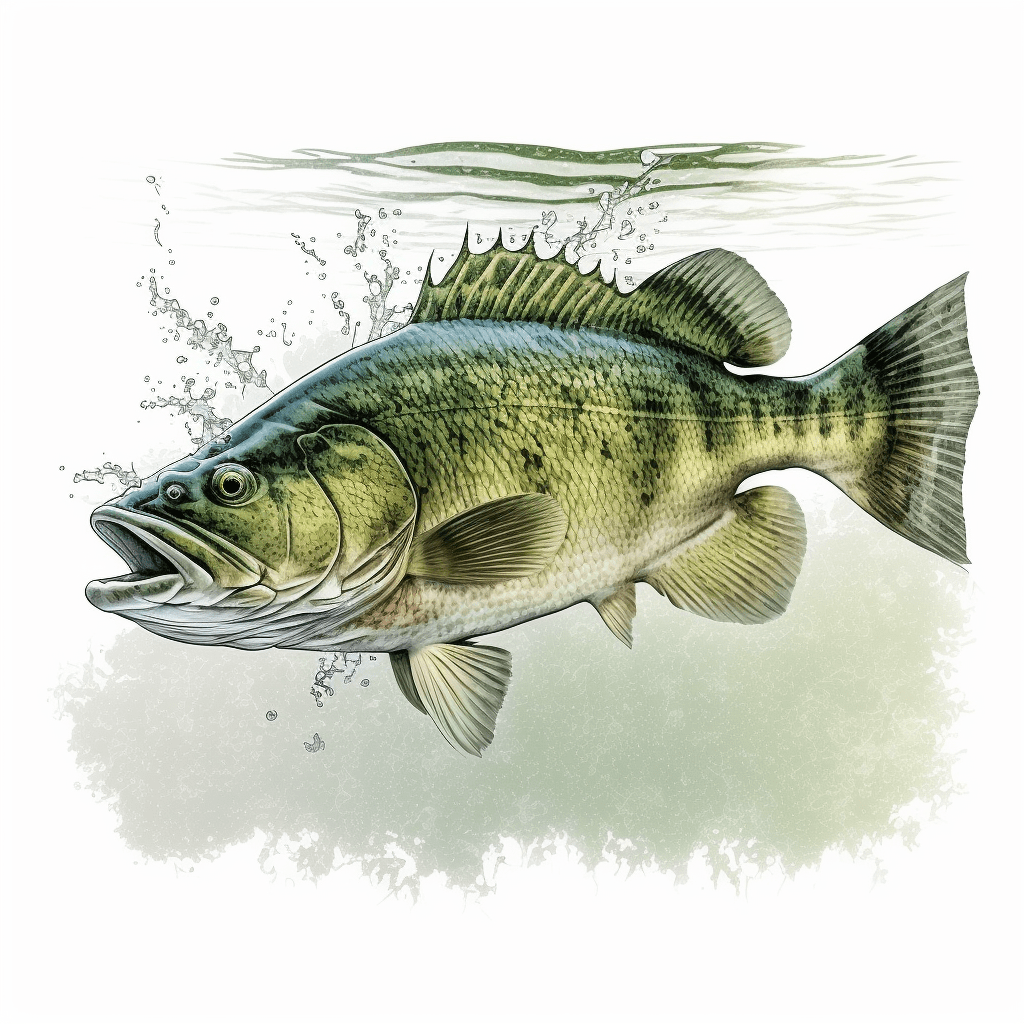
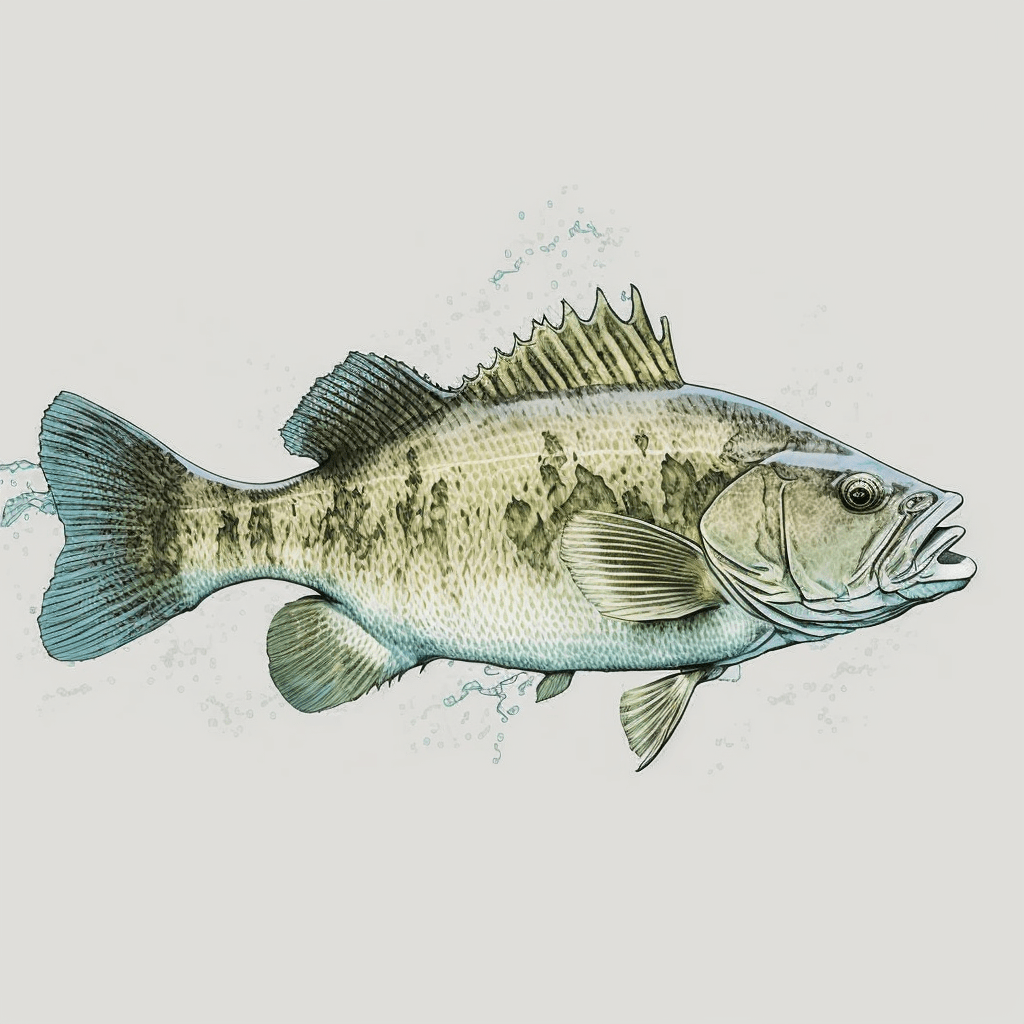
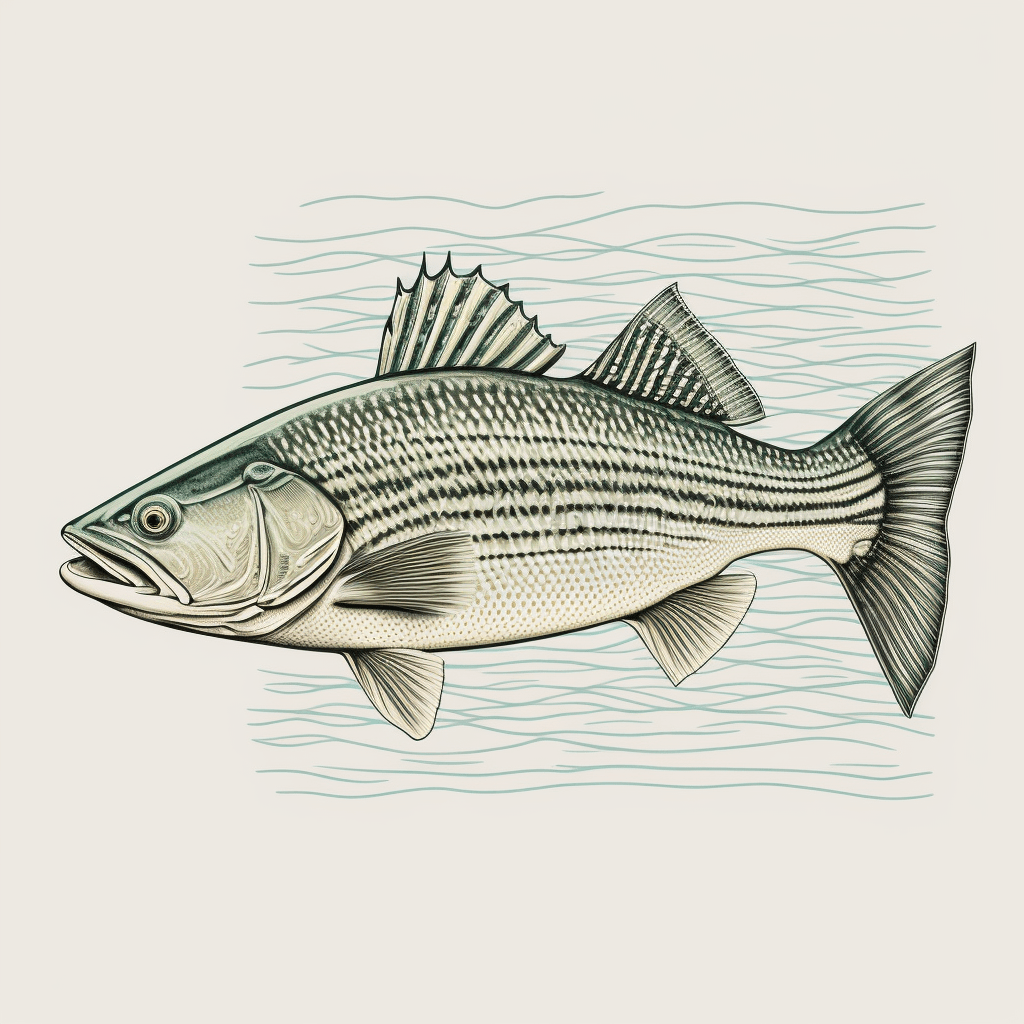
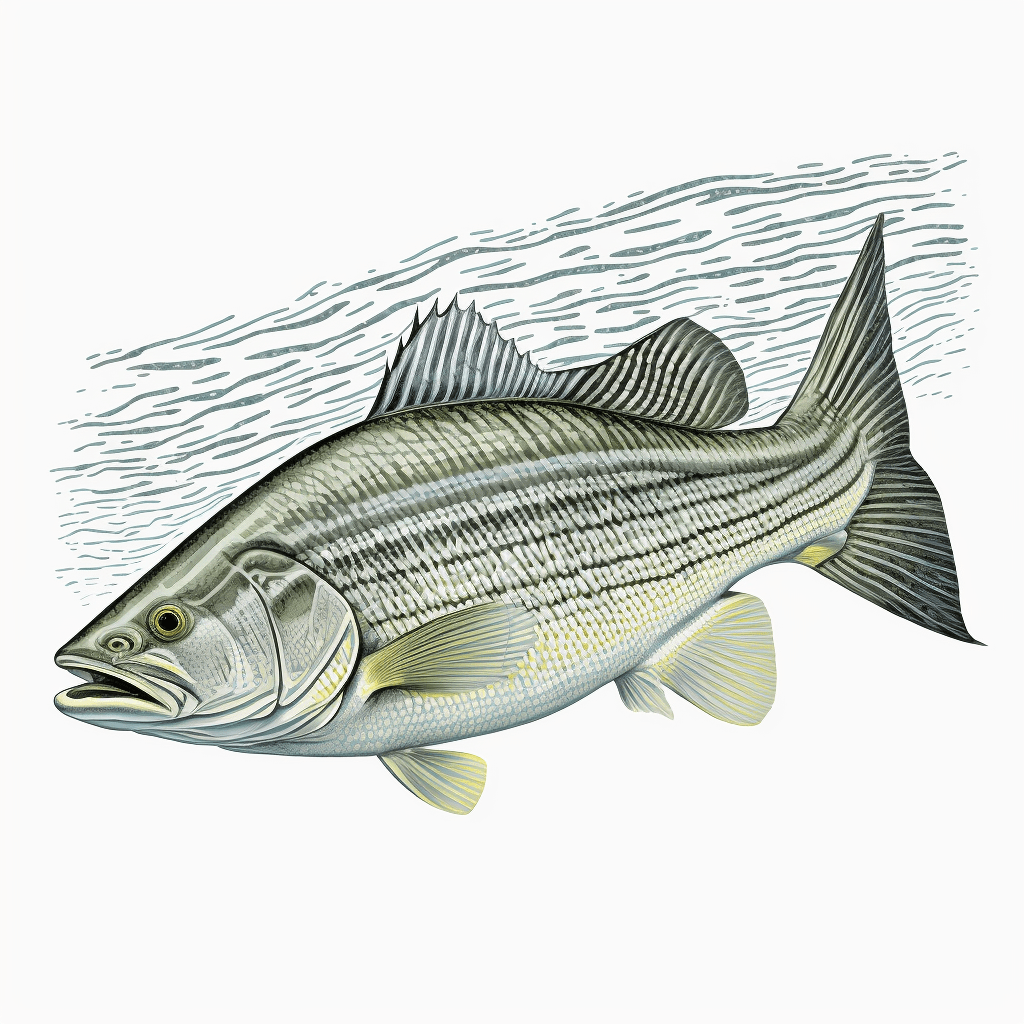
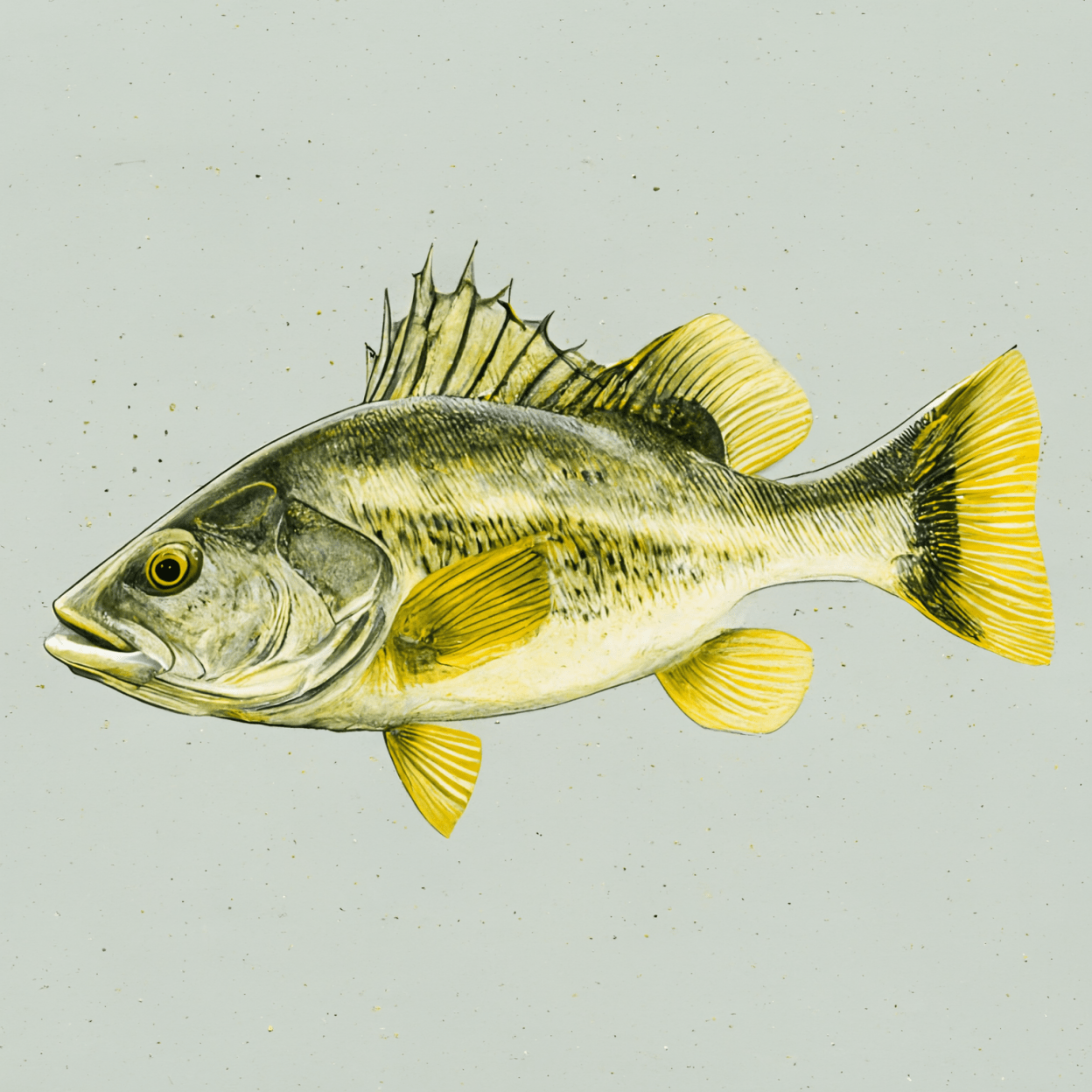
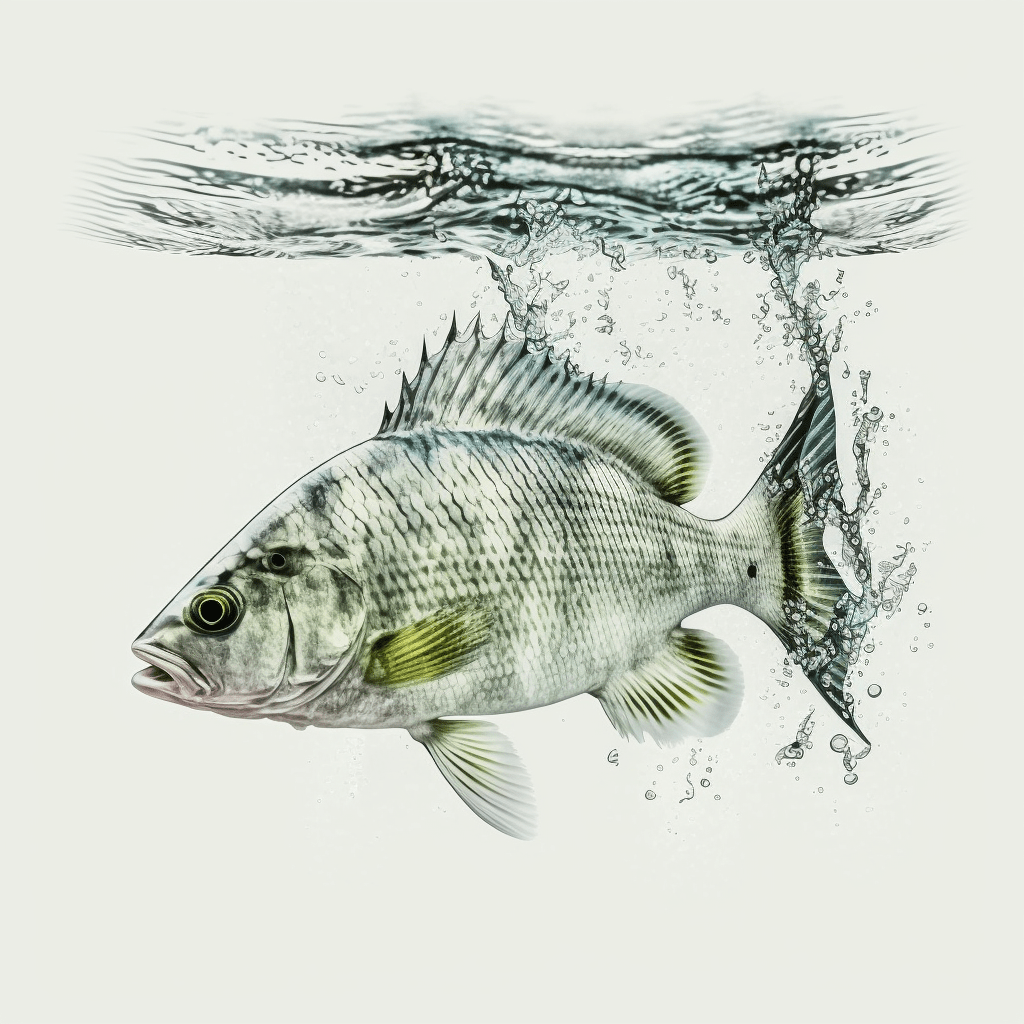
fish tanks for keeping bass:
Bass History
Bass have a long and storied history in human culture. The earliest records of bass fishing date back to ancient Egypt and China, where the fish were valued for their meat and their ability to fight on the line. In North America, bass fishing became popular in the 18th and 19th centuries, with many people traveling to the Great Lakes and other bodies of water to try their luck at catching these prized fish. As sport fishing became more popular, many species of bass, such as Largemouth Bass and Smallmouth Bass, were introduced to new areas of the world in order to provide recreational opportunities for anglers. Today, bass continue to be popular both as sport fish and as a food source, with many people raising them in aquaponics systems as a way to provide fresh, sustainable fish for their families or for sale.
more on bass:
Bass Pros:
- Hardy and adaptable – Bass are hardy fish that can adapt to a range of water conditions, making them a great choice for aquaponics systems.
- High in protein – Bass are carnivorous fish that require a high-protein diet, making them a great source of protein for your family or for sale.
- Delicious flavor – Many species of bass, such as Striped Bass and White Bass, have a mild, sweet flavor that is popular with many consumers.
- Fast growth – Bass are fast-growing fish, which means they can be harvested relatively quickly compared to some other fish species.
- Popular sport fish – Many species of bass are popular sport fish, which means that they may have higher demand and value.
Bass Cons:
- Aggressive behavior – Some species of bass, such as Largemouth Bass, can be aggressive towards other fish, which means that they may not be suitable for all aquaponics setups.
- Require specific water conditions – Bass require specific water conditions, including temperature and pH ranges, in order to thrive in an aquaponics system.
- Sensitive to water quality – Bass can be sensitive to changes in water quality, which means that regular monitoring and adjustments are necessary to maintain their health.
- Large size – Some species of bass, such as Largemouth Bass, can grow to be quite large, which means that they require more space and may not be suitable for smaller aquaponics setups.
- Need for live or frozen food – Bass are carnivorous fish that require a diet high in protein, which means that they need to be fed live or frozen food such as worms, insects, and small fish. This can be more expensive and time-consuming than feeding plant-based food to other fish species in an aquaponics system.




